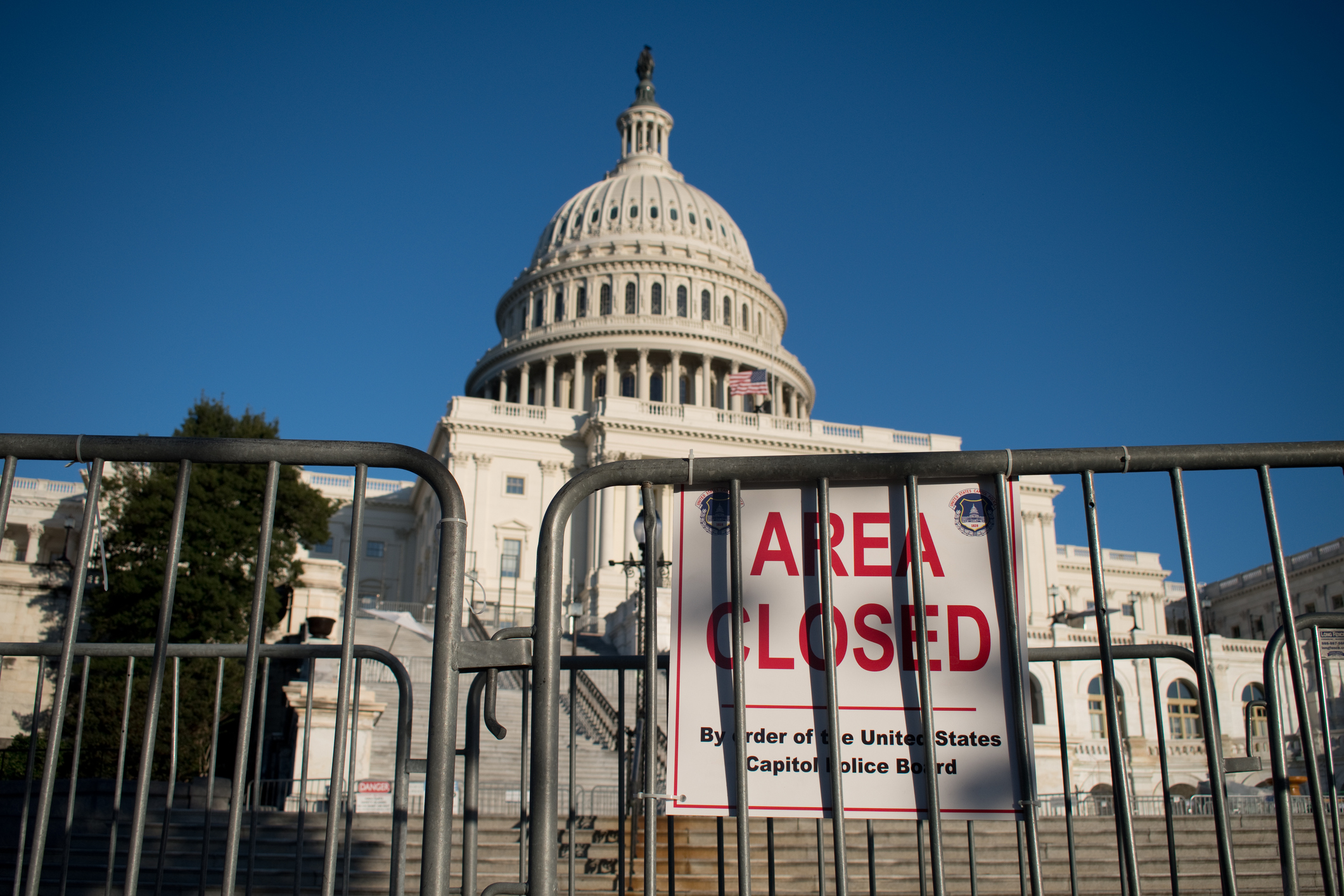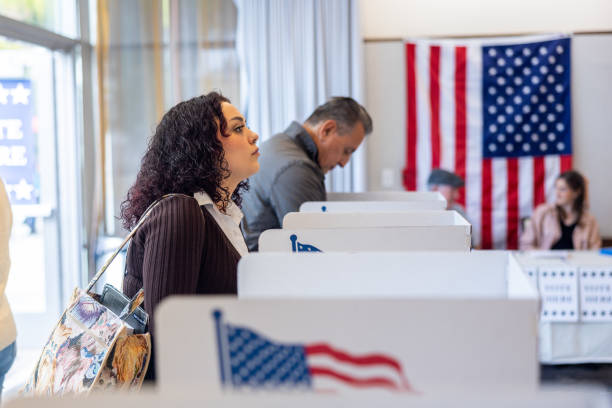The need for robust anti-bribery and anti-corruption measures has never been more critical. As businesses expand their global footprint, they must navigate diverse regulatory landscapes and cultural norms. This ensures that their operations are both compliant with the law and grounded in ethical principles. The criminal indictment of former President Donald Trump, accused of intentionally making false statements about fraudulent votes during the 2020 election, underscores the profound impact of ethics and compliance violations on society. This case serves as a stark reminder of the importance of upholding integrity in all aspects of public and private conduct.

The Gravity of Ethical Breaches and Compliance Violations
The indictment of Trump represents one of the most significant ethics and compliance (E&C) scandals in the last century. The United States has accused him of conspiring to corruptly obstruct and impede the January 6 congressional proceeding, a violation of 18 U.S.C., section 1512(k). This incident, both a compliance violation and an ethical breach, will undoubtedly be studied by E&C professionals for years to come. When ethical principles are disregarded, catastrophic consequences can arise and compliance measures are flouted.
In 1919, Supreme Court Justice Oliver Wendell Holmes famously stated that one cannot shout “fire” in a crowded theater. As such, speech is not protected under the First Amendment. This analogy is pertinent when considering Trump’s rhetoric about fraudulent votes, which incited lawless actions and contributed to the attack on the House Chamber. This scenario exemplifies how speech and actions can lead to significant harm and destabilization.
The Role of E&C in Preventing Corruption
Ethics and compliance frameworks are designed to prevent such breaches. For example, establishing clear guidelines for behavior that benefits the broader society. When actions are assessed for their ethicality, the focus typically rests on their impact on stakeholders. Ethical actions generally benefit a wide range of stakeholders, whereas unethical actions tend to benefit a select few while causing harm to many. In Trump’s case, his actions appear to have been self-serving, benefiting himself and possibly his political party, while undermining the foundations of democracy and harming the greater society.
This principle is central to anti-bribery and anti-corruption efforts. Bribery and corruption often involve actions that benefit a few individuals or entities at the expense of the broader community. These unethical practices can erode trust, distort markets, and lead to significant social and economic harm. Therefore, organizations must implement stringent anti-bribery and anti-corruption policies. Which fosters a culture of integrity, and ensure that their leaders model ethical behavior.
Building a Robust E&C Culture
Creating a robust E&C culture within an organization involves several key elements:
Leadership Commitment
Leaders must demonstrate a commitment to ethical behavior and compliance, setting the tone from the top.
Clear Policies and Procedures
Organizations should establish comprehensive policies that clearly define acceptable behaviors and outline the consequences of violations.
Training and Awareness
Regular training sessions help employees understand the importance of E&C principles and how to apply them in their daily work.
Monitoring and Enforcement
Continuous monitoring and enforcement of E&C policies ensure that violations are promptly addressed, and corrective actions are taken.
Transparency and Accountability
Open communication about E&C issues and accountability for actions foster a culture of trust and integrity.
Conclusion
The indictment of former President Donald Trump serves as a powerful example of the devastating impact of ethics and compliance violations. For businesses operating on a global scale, the imperative to combat bribery and corruption is clear. By fostering a culture of integrity and ensuring rigorous adherence to ethics and compliance standards, organizations can protect their reputation, build trust with stakeholders, and contribute to a fair and just society. The lessons from high-profile cases like Trump’s underscore the need for unwavering commitment to ethical principles in all aspects of business and governance.
Learn more about anti-bribery and corruption from Emtrain’s training course and resource page.










